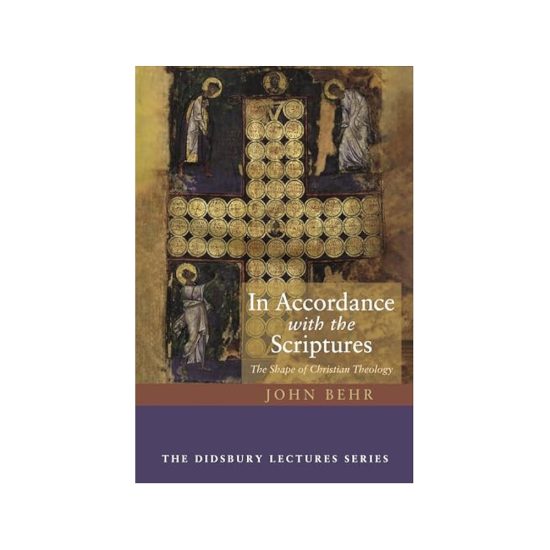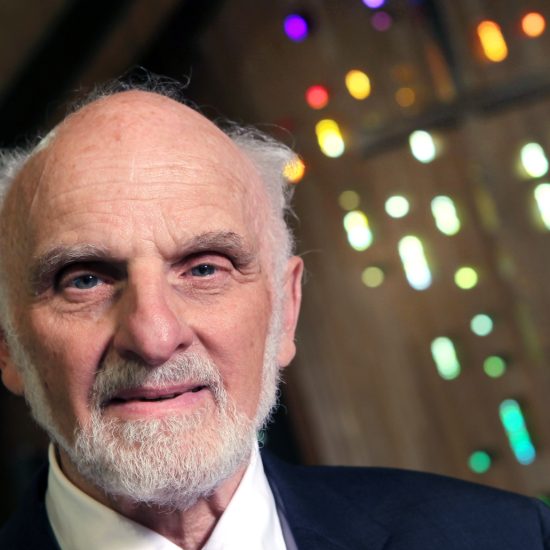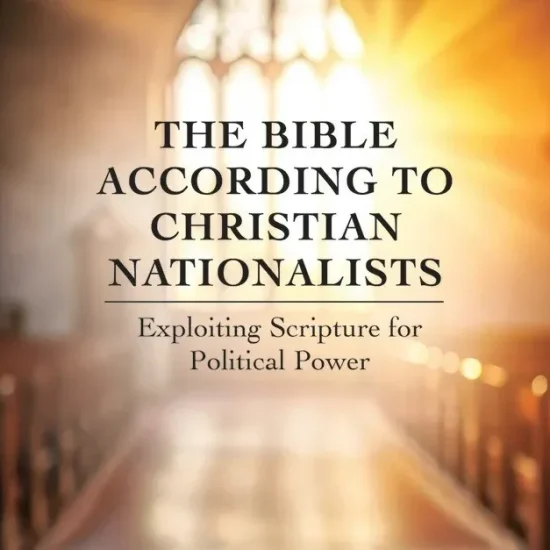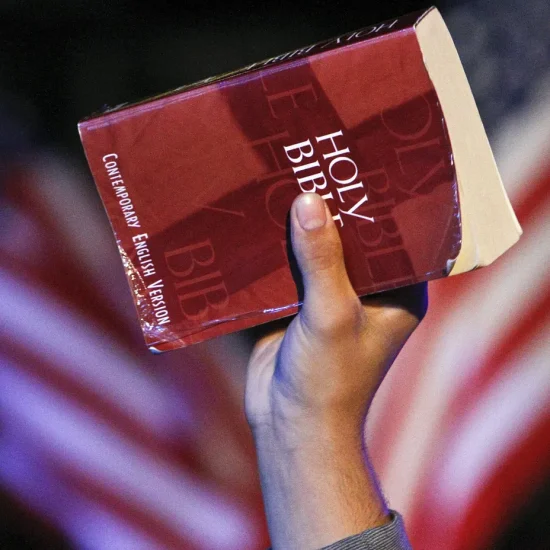
Passover begins tonight (April 8) at sundown. Tomorrow, Christians mark Maundy Thursday to remember the time when Jesus offered what we often call “the last supper,” taking a Passover meal and adding new meaning by instituting the rite of communion.

Brian Kaylor
Yet, here we are quarantined at home due to a plague — something quite familiar to that first Passover story in Exodus. Each Hebrew family celebrated a meal together in their own homes that night and, after marking their doorposts with blood from the lamb they slaughtered and ate, were safe as they stayed at home while the plague swept through Egypt and killed firstborn sons.
Growing up reading the Bible, I always pictured myself in one of those Hebrew homes while hearing the Passover story. And as a firstborn son, that particularly felt good to imagine myself that way. Now, I’m seeing the story from a different perspective.
A common temptation in reading the Bible is to put ourselves in the sandals of the good guys. We grow up seeing ourselves as the dashing young David, not the ill-fated Goliath. We imagine our nation as a modern Israel, not a new Egypt or Babylon. We picture ourselves as one of the faithful disciples — even if we admit we doubt a bit like Thomas or act irrationally sometimes like Peter — but not in the role of Judas the betrayer or one of the people like the rich young ruler, who walked away from following Jesus.
And we even pick and choose a bit when we place ourselves in the role of biblical hero. We want to see ourselves as David, but gloss over the Bathsheba or census stories. We’re not like David in those times, we tell ourselves. We want to be the new Israel, but only in the glory days. We’re not ever going to find ourselves punished by God and defeated by an evil nation, we insist to ourselves. We’re like the disciples, except not as slow to get what Jesus was saying. We wouldn’t be so ignorant as those silly fishermen, we delude ourselves into believing.
It’s good to be inspired by the faithful characters in the Bible. But if that’s the only roles we see ourselves playing, we miss a more accurate picture of our own faults and struggles. This self-glorifying way of reading the text leaves us blind to our own sins — just like so many people in the biblical stories. It leaves us susceptible to making the same errors we watch the biblical characters make over and over. We fall into the same cycles of disobedience and repentance, of prostituting ourselves and then pledging again to be faithful.

Image by Gerd Altmann from Pixabay
So, we need to sometimes read ourselves in less heroic biblical characters. Clarence Jordan helped us white U.S. Christians do this with his Cotton Patch Gospel translation that placed Jesus as a preacher in the segregated South during the middle of the 20th Century. Instead of Pharisees, Jesus finds himself challenged by “white American Protestants.”
In the so-called “parable of the Good Samaritan,” we instead find in Jordan’s version that Jesus tells a story — after being challenged by a white Sunday School teacher — about a “white preacher” and a “white Gospel song leader” passing by the beaten man until a “black man” stops to be a neighbor. It’s a bit harder now to read the story and automatically assume I’m the good neighbor!
I’m thinking now about that old Passover story. What if I’m not living in the enslaved Hebrew land of Goshen. After all, I do have a nice house to make quarantine time plenty comfortable. What if I’m out there in the land of Egypt, unsure what’s happening?
Why are these plagues occurring? Why are people dying from an unseen virus? Will it take someone I love? Is my son safe? Am I?
I’m not saying coronavirus is a plague of judgment from God. The key is, I don’t know. I’m an Egyptian who doesn’t know why this is all happening. God hasn’t spoken to me or my pastor through a burning bush. God hasn’t provided my household with a special way of avoiding the virus (other than just staying home), which is why churches are suspending services so they don’t spark another outbreak hotspot. I don’t have any answers. And that’s okay to admit.
And — if I may risk seeing myself as one of the “good” ones — regardless what comes during this unusual time, hopefully I can be counted among that “mixed multitude” of people (that likely included Egyptians and others) who joined with the Hebrew people on the trek to the Promised Land. May we be faithful to follow even when it seems like we’re in darkness, be it a plague in Egypt or the time of Jesus’s death. May we be faithful as a plague passes over — and perhaps even through — our communities.
Brian Kaylor is editor and president of Word&Way.






